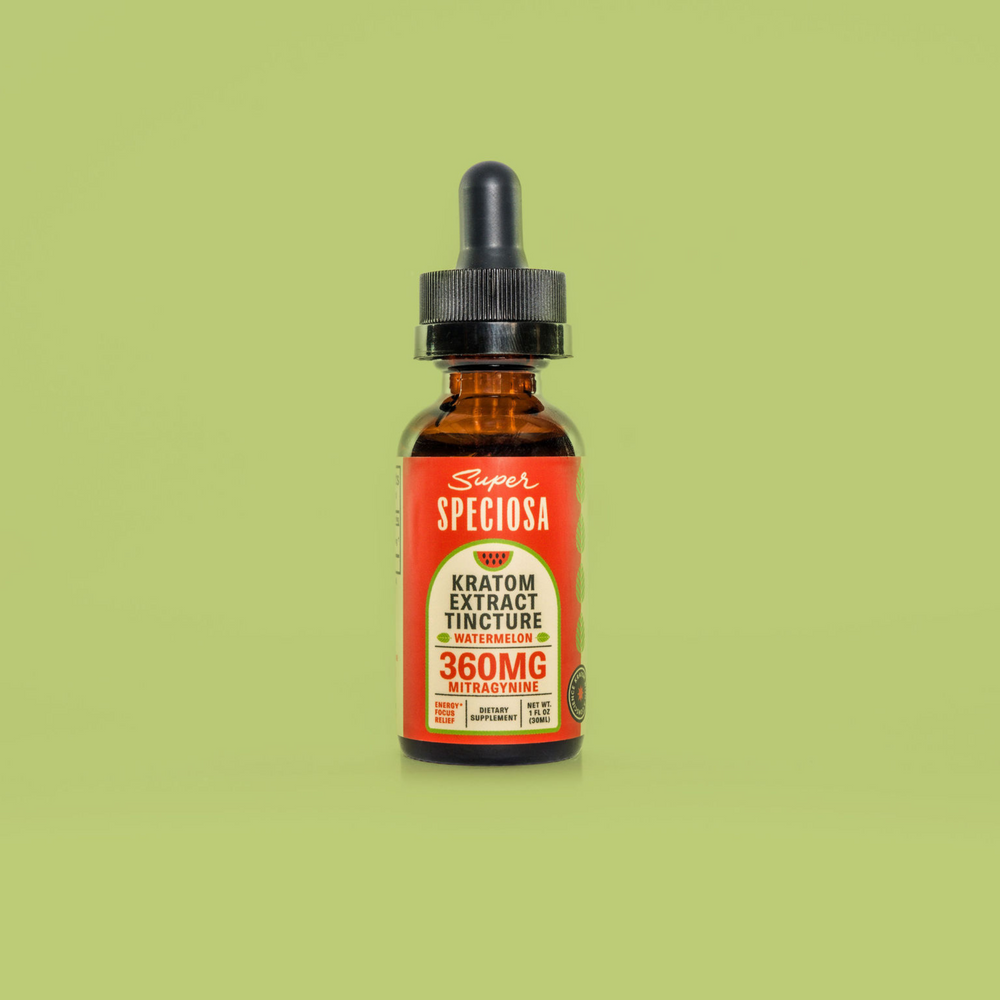Michigan’s Second Attempt at Kratom Regulation Hangs in the Balance
MICHIGAN’S SECOND ATTEMPT AT KRATOM REGULATION HANGS IN THE BALANCE

Lansing, Michigan, USA: Interior of the Michigan State Senate chambers in the state capitol building in Lansing. credit: ehrlif - stock.adobe.com
Some states have moved quickly to enact Kratom Consumer Protection Acts, especially when safe access to unadulterated kratom is at the center of the debate. Other states like Michigan have chosen to stall kratom regulation, leaning into misleading information and obfuscating the real ‘kratom question’ in lieu of talking points that are not backed by science.
Michigan state Rep. Lori Stone is looking to prove that she’s willing to follow whatever trail it takes to ensure protected access to kratom for her constituents.
Stone’s most recent effort to establish a KCPA in Michigan is House Bill 4061. It’s the second consecutive session that Stone has tried to establish a regulated kratom market. That’s after HB 5477 (Stone’s previous bill) passed out of the state House of Representatives in May of 2022, before stalling out in a Senate committee, Stone is back with another strong supporting cast to try and get this attempt over the line.
“My work with my local prevention coalition led me to partner with local grassroots activists on developing a commonsense approach to regulating Kratom sales,” Stone said.
Maintaining Momentum for Michigan's Kratom Regulation
Eleven states currently have a KCPA on the books. Should Michigan make it 12, the state would do it with one of the most detailed and comprehensive markets in the country.
Like other states, the bill proposed by Stone includes age/label requirements, defines kratom as a food product, and makes it illegal to sell or distribute a kratom product that contains adulterants or additives. Unlike other similar measures, Michigan’s proposed law aims to establish a licensing system for kratom sellers and rely on the state’s regulatory structure to oversee the industry. Stone’s bill also distinguishes itself by setting up a detailed kratom lab-testing program and explicitly including online kratom sales in the regulations.
According to Stone, her measure is a response to the current state of kratom in Michigan. In fact, the matter was first brought to her attention after a constituent brought a kratom product to Stone and asked about its safety. With no label or clear instructions on the package, Stone was unsure how to respond.
“I was taken aback. There wasn’t a whole lot of information,” she said.
With that in mind, Stone said it became clear to her that the state needed “common sense” changes to the law to protect customers in her state from adulterated products and deceptive manufacturers.
“This bill is intended to regulate Kratom,” she said, “which is currently sold in Michigan without adequate labeling, dosage or effects warnings. It’s time that we get these laws on the books.”

The Michigan State Capitol is the building that houses the legislative branch of the government of the U.S. state of Michigan
Michigan's Past Attempts at a KCPA
Stone found success in the House during her last attempt to put Michigan's kratom regulation into law. The bill encountered resistance and eventually stalled in the state Senate due to specific regulatory challenges. Sen. Aric Nesbitt had positive things to say about the bill but pointed to hesitancy from the state’s Department of Licensing and Regulatory Affairs (LARA) as an issue that needed to be addressed.
Derek Sova, a legislative specialist speaking on behalf of LARA, told local media at the time that “it is simply premature to commit to the possibly significant resources necessary to pursue new regulation” and also pointed to hesitancy from medical professionals and a lack of “broad support” from other states.
Sova’s statement carries weight in terms of the cost of regulation. The legislation proposed by Stone contains a robust regulatory structure and the fiscal impact attached to the bill said it was unclear if licensing fees and other costs incurred by producers/sellers would cover the costs incurred by the state.
What is less clear is the statement about a lack of support from medical professionals and other states. Opponents of the bill cited the same information provided by the Food and Drug Administration and the Mayo Clinic, who leaned heavily on the FDA for its page on kratom. Those assertions have been challenged, and prevailing research has called the conclusions of the FDA and others into question.
The legislation also specifically establishes kratom as a food product, and would not allow any kratom products to be advertised or suggested for purposes that are not approved by the FDA.
Along with his statements during the last legislative session, Sova said that LARA would “revisit the conversation” following further research and investigation. That bodes well for Stone’s effort this time around, with a similarly worded bill that could draw similar concerns from within the state government.

Still Time to Act
Michigan’s legislative session is a continual process during the two-year session. If passed, Michigan's proposed kratom regulation law would take effect Jan. 1, 2024, showing Stone’s intention to try and push the matter as quickly as possible.
One of the potential reasons for optimism comes from the makeup of the state legislature. Stone had a single Republican co-sponsor among the list of names who backed her bill, but it was still mostly a Democrat-led effort as Stone leaned on members of her own party for support.
For the first time since 1984, Democrats won both houses of the state legislature and the governorship thanks to an independent redistricting effort before the last election. Both houses had been in Republican control since 2008.
Although Stone’s bill is only sponsored by Democrats, the 18 co-sponsors on Stone’s side carry significantly more weight this time around.
The bill is currently still waiting to be heard by the House Committee on Regulatory Reform and has only been read once on the House floor. Stone’s previous effort was introduced in October of 2021, then waited seven months before a flurry of action saw the bill pass out of the House by a vote on 88-19 the following May, before ultimately stalling in the Senate’s version of the Regulatory Reform Committee.

















































